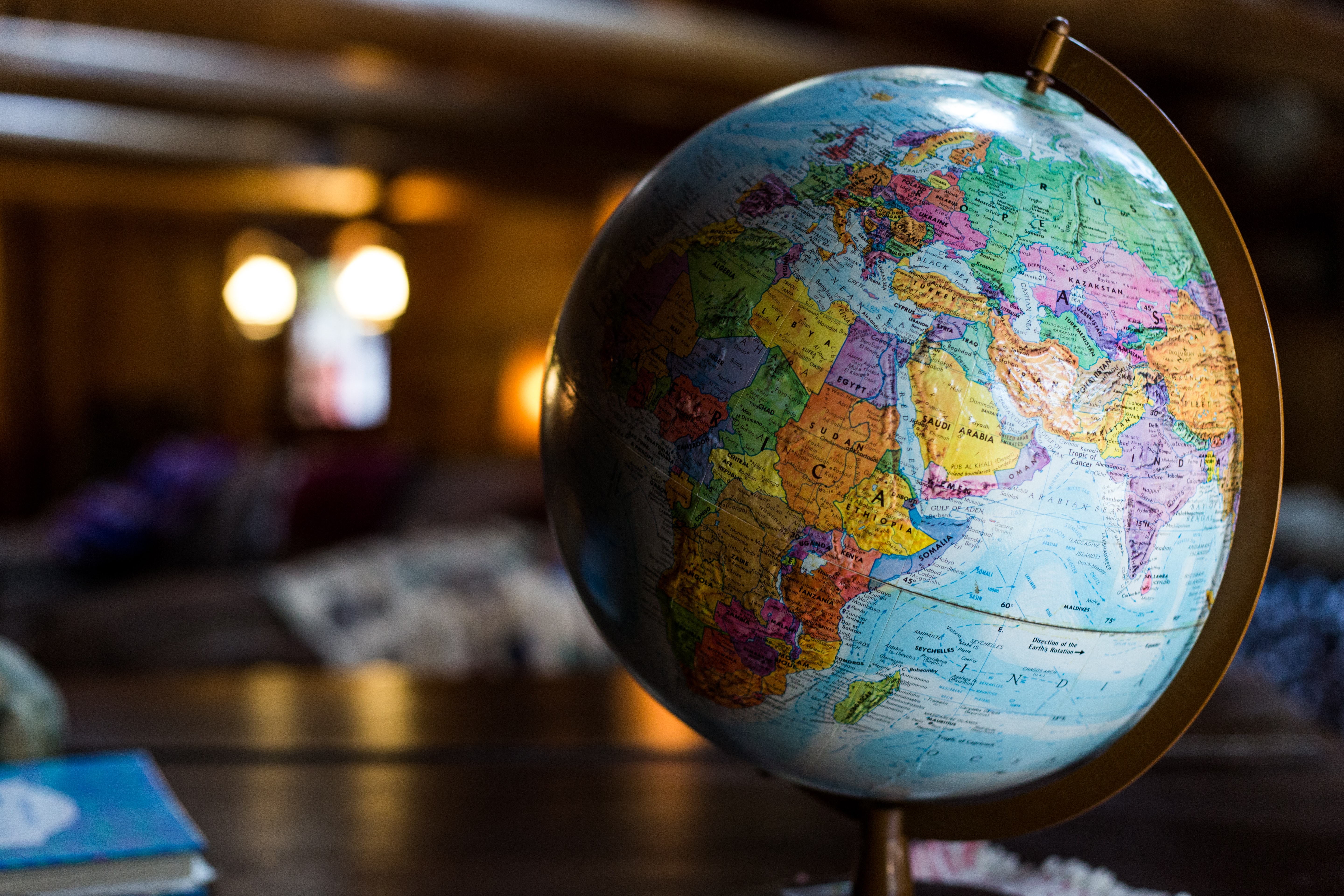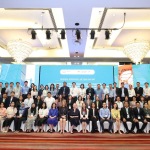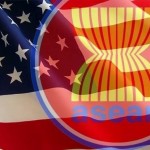Total number of posts 463.
 The world faces difficult and unprecedented challenges, including the rivalry between the US and China, the Russia-Ukraine war, and the Covid-19 pandemic.
The world faces difficult and unprecedented challenges, including the rivalry between the US and China, the Russia-Ukraine war, and the Covid-19 pandemic.
One consequence of these challenges is a possible division of the world economy into two or more blocs, unlike the situation that preceded World War II. To avoid this, the rules-based international trading system needs to be revamped to deal with the problems facing the WTO.
The US and China are in constant competition in areas including military might, scientific and technological progress, and global leadership. One strategy adopted by the US is to impose high tariffs on imports from China, ostensibly to regulate trade practices that are believed to give China an unfair advantage. This sparked a tariff war, as China retaliated by raising import duties on goods imported from the US. Such unilateral actions would not be allowed in an international trading system.
Unilateral policies that prioritize country “first” violate international trade rules. They are unfair and detrimental to other countries, as they lead to a serious decrease in bilateral trade, as well as affect the trade of other parties.
The WTO was established in 1995 to promote international trade and solve problems faced by its predecessor, the General Agreement on Tariffs and Trade (GATT). It has two main functions. One is to establish and enforce the rules of international trade and to promote free trade by holding multinational trade negotiations. As international economic activities expand from goods to services and investments, so do WTO rules.
Another function is to settle disputes between WTO members. The WTO has improved the dispute settlement mechanism by introducing a two-tier system - Panel and Appellate Body. This dispute settlement mechanism operated relatively effectively until the US vetoed the appointment of judges to the Appellate Body, as it was done more often than the GATT dispute settlement mechanism.
While the number of disputes brought before the GATT between 1948 and 1994 was 314, there were 598 cases under the WTO between 1995 and 2019. The US argues that the Appellate Body made decisions beyond its jurisdiction; this agency stopped working in December 2019. Hence, any panel decision submitted to the Appellate Body that was suspended has been set aside.
WTO members must agree to a settlement with the suspended Appellate Body. In March 2020, a group of 16 WTO members led by the European Union and Canada established a separate appeals system, the Multi-Party Interim Claims Arbitration Agreement (MPIA). For disputes between participating members, the MPIA is seen as an interim solution to the inactivity of the WTO Appellate Body. The WTO has been ineffective in establishing new rules for the rapid expansion of international economic activities such as investment and digital trade - critical issues in the US-China rivalry. Conducting multilateral trade negotiations becomes more difficult, as they require consensus among the now-expanding WTO members.
The WTO has pursued two approaches to strengthen the rules-based international trading order by overcoming the problem of ineffective rule-making. One is through regional trade agreements (RTAs) that promote trade among members by preferentially removing trade barriers. The effect of trade expansion is usually greater for RTAs with more members.
In recent years, the RTA has addressed issues including trade in services, investment, digital commerce, and intellectual property rights. The agreements helped move toward liberalization and set rules to deal with unfair trade practices.
Super RTAs in the form of the Comprehensive and Progressive Agreement for Trans-Pacific Partnership (CPTPP) and the Regional Comprehensive Economic Partnership (RCEP) are expected to add more members and expand the international scope of the rules-based system. Countries wishing to join the agreement must ensure that all membership conditions are met, including those against special and preferential treatment for state-owned enterprises, prior to accession.
Another approach is to promote multilateral agreements, in which like-minded countries agree to rules around a particular issue and do not pursue consensus decision-making by the whole WTO.
At the WTO, these actions begin with joint declaration initiatives. A number of multilateral agreement negotiations - on e-commerce, investment facilitation, environment, and domestic regulation of services - have been underway or have concluded.
Multilateral agreements can facilitate the conclusion of agreements because only interested countries must fulfill their commitments and accept the freedoms of non-members. Non-members did not object because they benefited from the agreements on a most-favored-nation basis.
The countries and economies involved in these discussions should remember that the ultimate goal of adopting the two approaches is to establish a rules-based global trading system that covers a wide range of problems. To this end, countries and economies participating in RTAs and plurilateral agreements need to be open to broadening their membership and scope of issues.
To facilitate the process of establishing hard laws such as those of the WTO, a 'soft law' approach is also useful. One example is the Asia-Pacific Economic Cooperation (APEC). Ambitious and high-level rules can be discussed at APEC because participation is non-binding and voluntary.
Discussions at APEC contributed to the establishment of WTO rules, such as the Information Technology Agreement. The re-establishment of a rules-based international trading system will allow countries to maintain more stable and sustainable economic growth.
Source: Công Thương News














